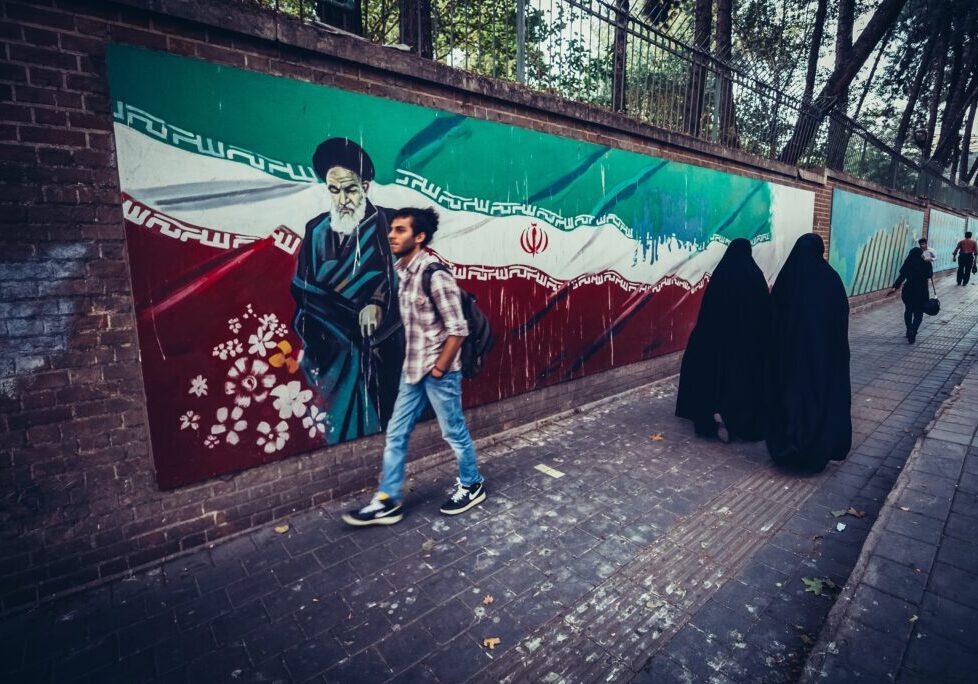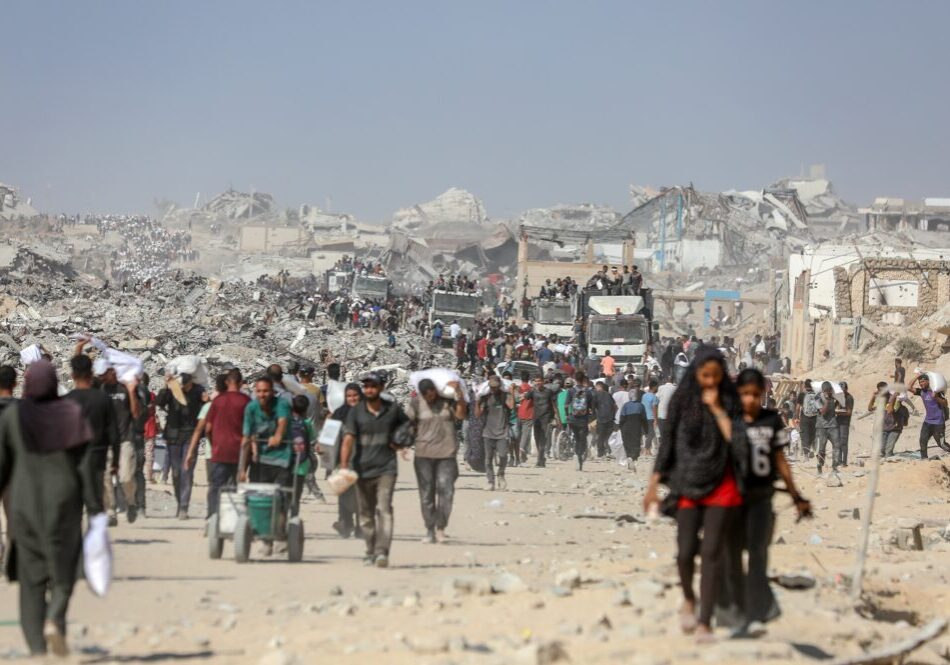Australia/Israel Review
Scribblings: From Assad to Assad
Jun 27, 2011 | Tzvi Fleischer
Tzvi Fleischer
From Assad to Assad
British journalist and author Malise Ruthven has written an article for the New York Review of Books, later re-published in the Australian Financial Review (June 17), examining the history of Syria in the wake of the recent unrest, and especially the domination of the country by the minority Alawite sect since around 1963. In that article, he featured a very revealing and important quote from the 1930s.
It occurs in a 1936 letter sent by six Syrian Alawite leaders to Leon Blum, the Prime Minister of France. At the time, France was overseeing Syria under a League of Nations mandate. The Alawite leaders were concerned that France was encouraging negotiations leading to a unified independent Syria dominated by the Sunni majority, which would leave the Alawites a powerless and persecuted minority.
The Alawite leaders warned that the outcome would be a “regime dominated by religious fanaticism against the minorities.”
They then went on to say:
We can sense today how the Muslim citizens of Damascus force the Jews who live among them to sign a document pledging that they will not send provisions to their ill-fated brethren in Palestine. The condition of the Jews in Palestine is the strongest and most explicit evidence of the militancy of the Islamic issue vis-à-vis those who do not belong to Islam. These good Jews contributed to the Arabs with civilisation and peace, scattered gold and established prosperity in Palestine without harming anyone or taking anything by force, yet the Muslims declare holy war against them and never hesitated in slaughtering their women and children… Therefore, a dark fate awaits the Jews and other minorities in case the mandate is abolished and Muslim Syria is united with Muslim Palestine… the ultimate goal of the Muslim Arabs.
Among the six signatories to this statement was a minor chief of the Kalbiya clan named Sulayman al-Assad. He was the father of future Syrian dictator Hafez al-Assad, and grandfather of the current “President”, Bashar al-Assad.
Now, obviously, I am sympathetic to the portrayal in this statement of the Jewish population of Palestine as law-abiding and bringing economic prosperity, but this is not why I want to call attention to this quote. Rather it is because of the wider context in which it puts the hostile Muslim and Arab reaction to the Jewish presence in Palestine – presenting it as one aspect of an essential intolerance for minorities anywhere across the Arab world, one which affected Alawites as well as Jews.
I think this is a vital insight many Westerners do not understand. In the wake of the shock of contact with Europe, the Middle East has been in the grip of various forms of exclusivist and xenophobic nationalisms which exclude, persecute and victimise minorities since at least the 1930s, just as the Alawite notables described. Basically, these ideologies of identity, whether Arab nationalist or Islamist, attributed all collective rights, political power, resources and land to the dominant group, which is seen as coterminous with the nation or community. The best those outside this “in-group” could hope for was a reluctant toleration conditional on complete subservience to the dominant nationality.
The Alawites managed to save themselves from being victims of this nationalism by hitching their wagon to Ba’athism, a form of vehement but secularist Arab nationalism, invented largely by Arab Christians, which allowed religious minorities to be part of the Arab “nation”.
Israel has repeatedly been a victim of this extreme nationalism. Its adherents simply cannot tolerate a Jewish state, any Jewish state, anywhere in a region which is vehemently claimed as exclusively Arab and/or Muslim land, regardless of the plight of the Palestinians. Thus, in sharp contrast to the letter of Suleyman al-Assad, the Syria of Bashar al-Assad can publish in an official newspaper the claim, which appeared in al-Baath in early June that “the Israeli-Arab conflict… is not a border conflict… it is a struggle for survival… Neither we nor the entire region has a natural future in the shadow of Israeli existence.”
In other words, the Arabs cannot survive and have no future if Israel continues to exist. This seems ostensibly absurd, but it makes sense through the prism of extreme, exclusivist and “organic” versions of ideological nationalism.
It is not only the Jews who have suffered from this extreme nationalism – it is also Copts, Assyrian Christians, Berbers, Kurds, Darfuris, Baha’is, Shi’ites, Turkoman, and many other minorities. And it is the ultimate sustaining factor behind both the Arab-Israel conflict and many other regional difficulties.
More Refugees Who Aren’t
The AIR has repeatedly called attention to the fact that Palestinian “refugees” are defined differently than all other refugees in the world. They are the only refugees whose status is inherited, so that the children, grandchildren and great grandchildren of those who fled the 1948 war are also considered refugees by the UN’s agency exclusively for Palestinian refugees,the UN Relief and Works Agency (UNRWA).
But recently released official statistics on Palestinian refugees call attention to the fact that, even ignoring this anomaly, the large majority of claimed Palestinian refugees are still not refugees by the definition normally applied.
UNRWA statistics reported by the Palestinian news agency WAFA say that 41.6% of all Palestinian refugees live in Jordan. But the vast majority of the Palestinians in Jordan have Jordanian citizenship, and under the normal definition of refugees, people who have citizenship in the country in which they now reside are no longer refugees.
Moreover, UNRWA says 23.2% of the refugees live in Gaza and 16.4% in the West Bank. All of these supposed refugees are still living in their claimed country of origin, “Palestine”, under the jurisdiction of Palestinian governments. They are not refugees by the normal definition, they are instead, at worst, internally “displaced persons”, a very different status.
Thus, even accepting the Palestinians’ unique inheritable refugee status, more than 80% of supposed Palestinian refugees are still not refugees under the standard definition. This suggests the refugee problem is a lot more soluble under the standard two-state model than many people think – provided the Palestinians are willing to give up the legally baseless claim that there are five million “refugees” who have a “right” to return to their exact ancestral homes in Israel.
Tags: Middle East






